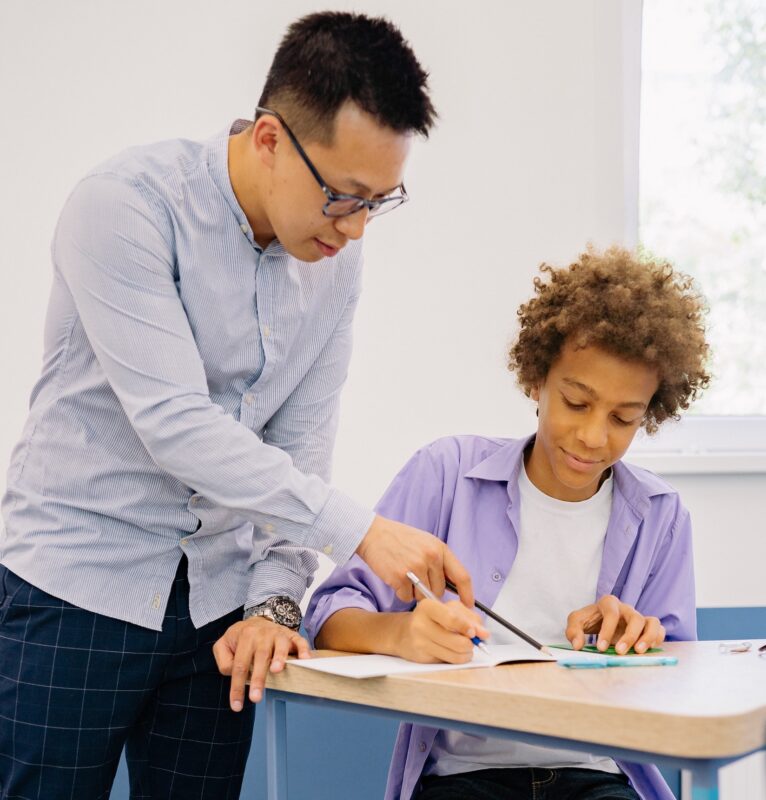
10 Strategies To Promote Curiosity In Learning
Curiosity is crucial to learning. For years, education has responded by admonishing teachers to ‘engaged’ students with ‘engaging content,’ but engagement and curiosity are decidedly different. An engaged student may very well be curious, but such curiosity isn’t necessary for Read more >>











